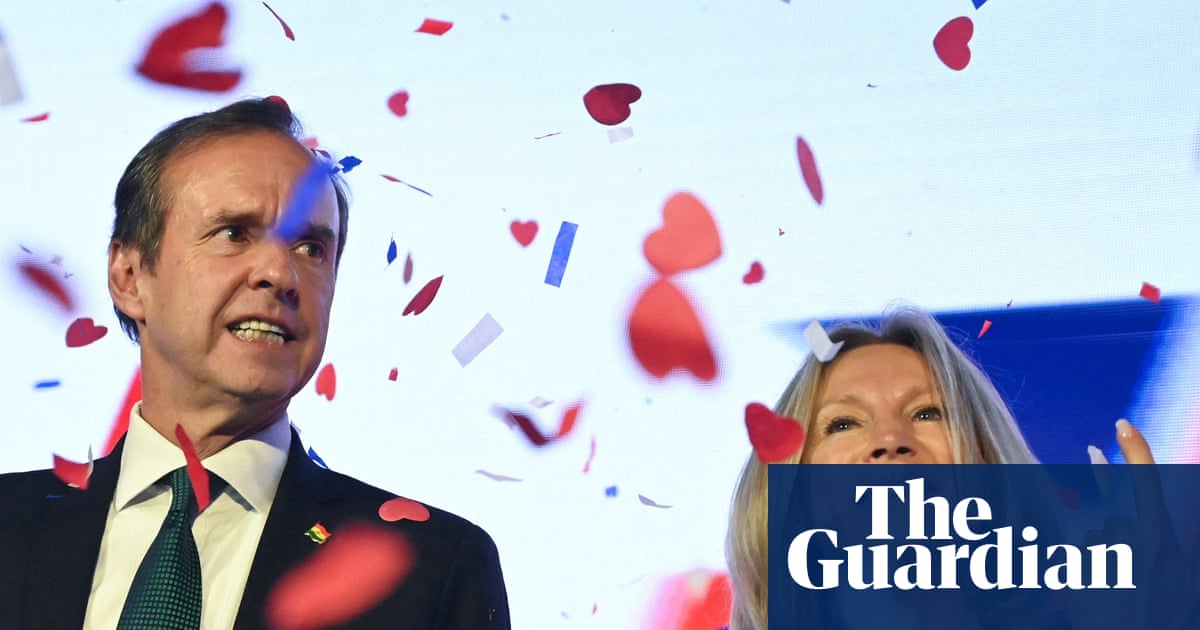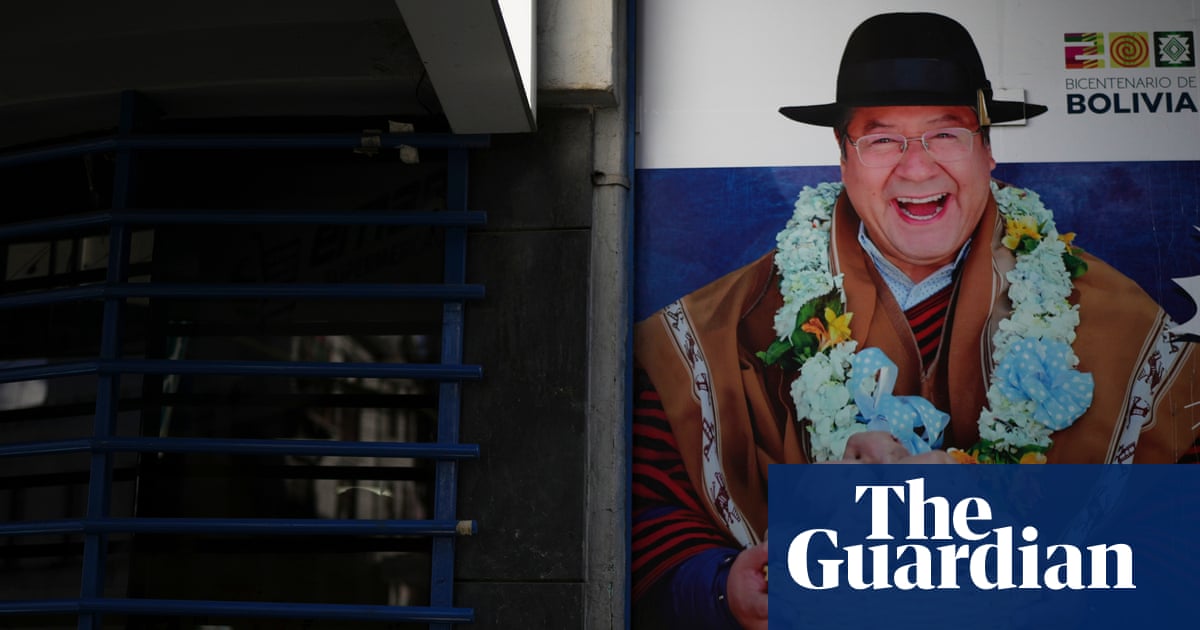Bolivia's Pivotal Elections: A Potential Shift to Right-Wing Governance
Bolivia's elections see 7.9 million citizens voting, with right-wing leaders Doria Medina and Quiroga vying for power amid a divided leftist party and undecided voters.
Subscribe to unlock this story
We really don't like cutting you off, but you've reached your monthly limit. At just $5/month, subscriptions are how we keep this project going. Start your free 7-day trial today!
Get StartedHave an account? Sign in
Overview
- Bolivia's elections involve 7.9 million citizens with mandatory voting, marking a significant political moment for the country.
- Right-wing leaders Samuel Doria Medina and Jorge 'Tuto' Quiroga are in a close race, aiming for their first electoral win in decades.
- Around 30% of voters remain undecided, with rural voters, traditionally loyal to the MAS party, playing a crucial role in the outcome.
- The ruling MAS party faces internal divisions, particularly between former President Evo Morales and current President Luis Arce, who is not a candidate.
- A right-wing victory could reshape Bolivia's foreign relations, particularly with plans to restore ties with the United States after a long-standing rift.
Report issue

Read both sides in 5 minutes each day
Analysis
Center-leaning sources frame the Bolivian election as a decisive rejection of the incumbent left, driven by severe economic hardship and widespread public discontent. They emphasize the left's "deep unpopularity" and internal divisions, portraying the shift to the right as a natural consequence of these failures. The coverage highlights the "punishment" of left-wing candidates, reinforcing a narrative of collective public repudiation.
Articles (8)
Center (4)
FAQ
The main candidates are right-wing leaders Samuel Doria Medina and Jorge 'Tuto' Quiroga, who are in a close race, as well as centrist Rodrigo Paz. Doria and Quiroga propose cutting government spending, restoring relations with the United States, partially reversing nationalizations, and dismantling inefficient state-owned enterprises. The ruling leftist MAS party is divided, with Andronico Rodríguez also running and supporting some fuel subsidy cuts.
Approximately 30% of voters remain undecided, and rural voters, who traditionally support the MAS party, are crucial for the election outcome. Their final votes could determine whether the right-wing challengers or the ruling leftists prevail.
The MAS party faces significant internal divisions, notably between former President Evo Morales and current President Luis Arce, who is not a candidate. Morales opposed the election and encouraged null votes, calling Andronico Rodríguez a 'traitor' for running against him.
A right-wing victory could lead to major shifts in Bolivia's foreign policy, including plans to restore diplomatic ties with the United States after a prolonged rift during the previous leftist governments.
Both candidates pledged to cut government spending and fuel subsidies, restore relations with the United States, enforce orders to arrest Evo Morales, partially reverse the nationalization of firms, dismantle inefficient state-owned companies, and encourage foreign investment, especially in lithium mining. Doria also opposed cutting anti-poverty programs.
History
- 3M

 3 articles
3 articles








